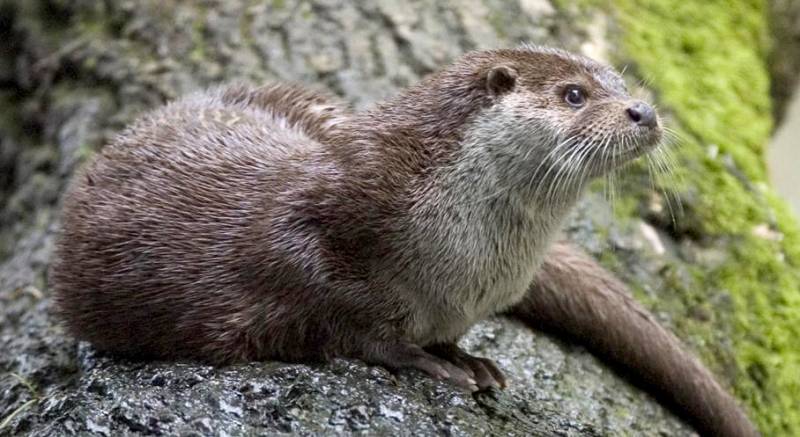article_detail
Date Published: 05/04/2022
ARCHIVED - First worldwide case of Covid in a wild river otter detected on the Costa Blanca
The otter's remains were found near a reservoir in the Valencia region

Reports of animals infected with Covid have been well documented around the world, most of which have reportedly contracted the virus after contact with people infected with coronavirus.
Now researchers in Valencia have detected the world's first case of SARS-CoV-2 in a wild European river otter, the remains of which were discovered near a reservoir in the region.
The team of scientists from the CEU Cardenal Herrera University (CEU UCH) in Valencia, the Institute of Biomedicine of Valencia (CSIC), and the Autonomous University of Barcelona (UAB), attribute the infection to probable contact with contaminated wastewater, and are insisting a surveillance system is set up to monitor the species (Lutra lutra), "given that they could become carriers of the virus".
The virus was detected using two different types of PCR tests on RNA extracted from the animal's nasopharynx by swabbing and from lung tissue and mediastinal lymph nodes, and the findings proved very interesting.
Principal investigator of the Molecular Virology Group at CEU UCH and co-author of the study, Consuelo Rubio, explained that during the sequencing of the virus, researchers discovered changes that had already been identified in samples from human patients.
"This points to a human origin of the virus detected in this wild otter, although its specific combination was different. The infection could have occurred through contact with virus-contaminated wastewater in the river area inhabited by the otter".
Also of interest: Fewer Covid cases lead to spring flu spike
The remains of two other otters were found near different water sources in the Valencia region and were also tested for Covid and found to be negative. All of the findings have just been published in the international scientific journal Frontiers in Veterinary Science.
This isn't the first discovery of Covid in wild animals the team of researchers has detected.
In May last year, they confirmed two cases of SARS-CoV-2 coronavirus in wild American mink in two rivers in the province of Castellón; the first cases of the virus in Europe in wild animals that had not been in direct contact with infected people.
"Different animal species have been involved in the three outbreaks of acute respiratory syndrome in previous epidemics in 2005, 2012 and 2019. But in relation to the SARS-CoV-2 pandemic, our findings in both mink and otter highlight the need to establish a surveillance system for coronavirus in wild mustelids," according to the study co-author.
"This would allow us to assess the risk that these animals could become reservoirs of SARS-CoV-2, leading to new mutations of the virus that could re-infect humans or other wildlife species that come into contact with infected mustelids," he added.
You might also like: How to get a Covid passport and How to make an appointment for a vaccination or booster jab in Spain
Image: Wikipedia
Loading
Read more about Coronavirus:
OR
Sign up for the Spanish News Today Editors Roundup Weekly Bulletin to get a comprehensive email with all the week’s news for Spain, Murcia, Alicante and Andalucía.
Get a sneak peek – here are a few of our recent Subscription Bulletins:
50% Discount Special Offer subscription:
24.95€ for 48 Editor’s Weekly News Roundup bulletins!
Please CLICK THE BUTTON to subscribe.
Contact Spanish News Today: Editorial 966 260 896 /
Office 968 018 268

































